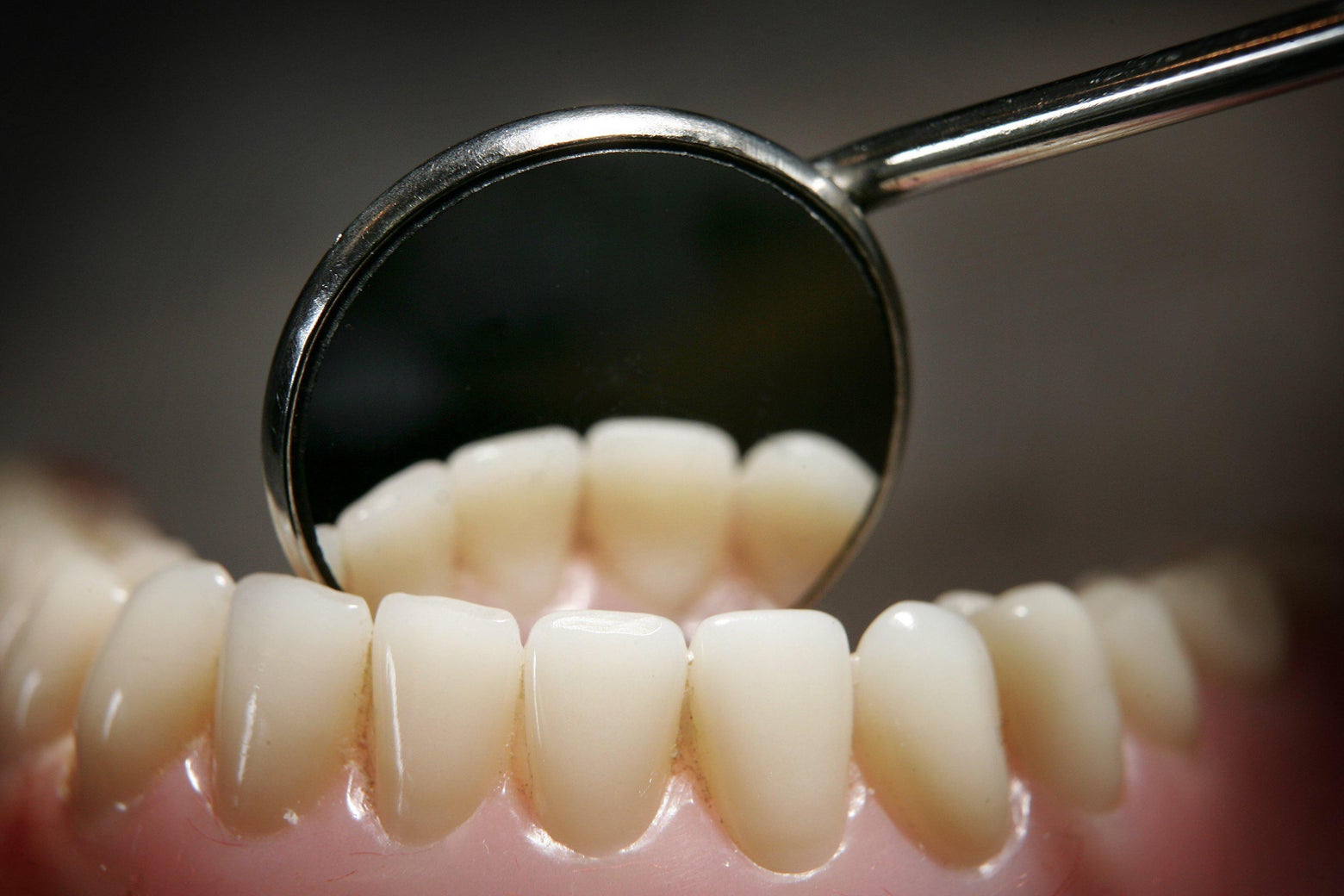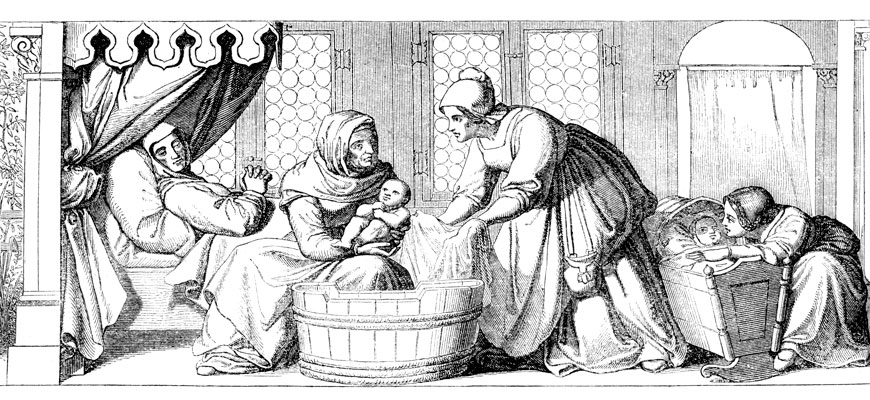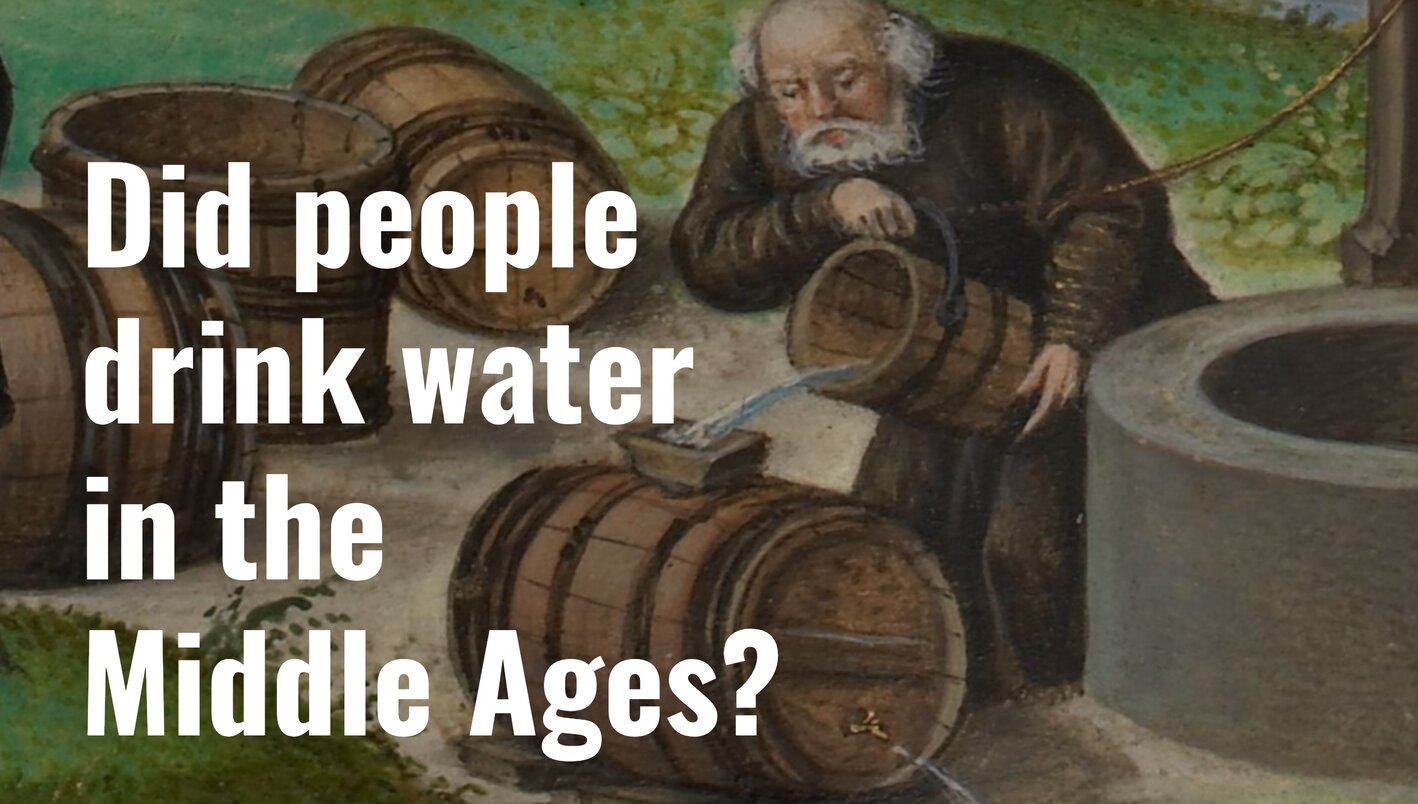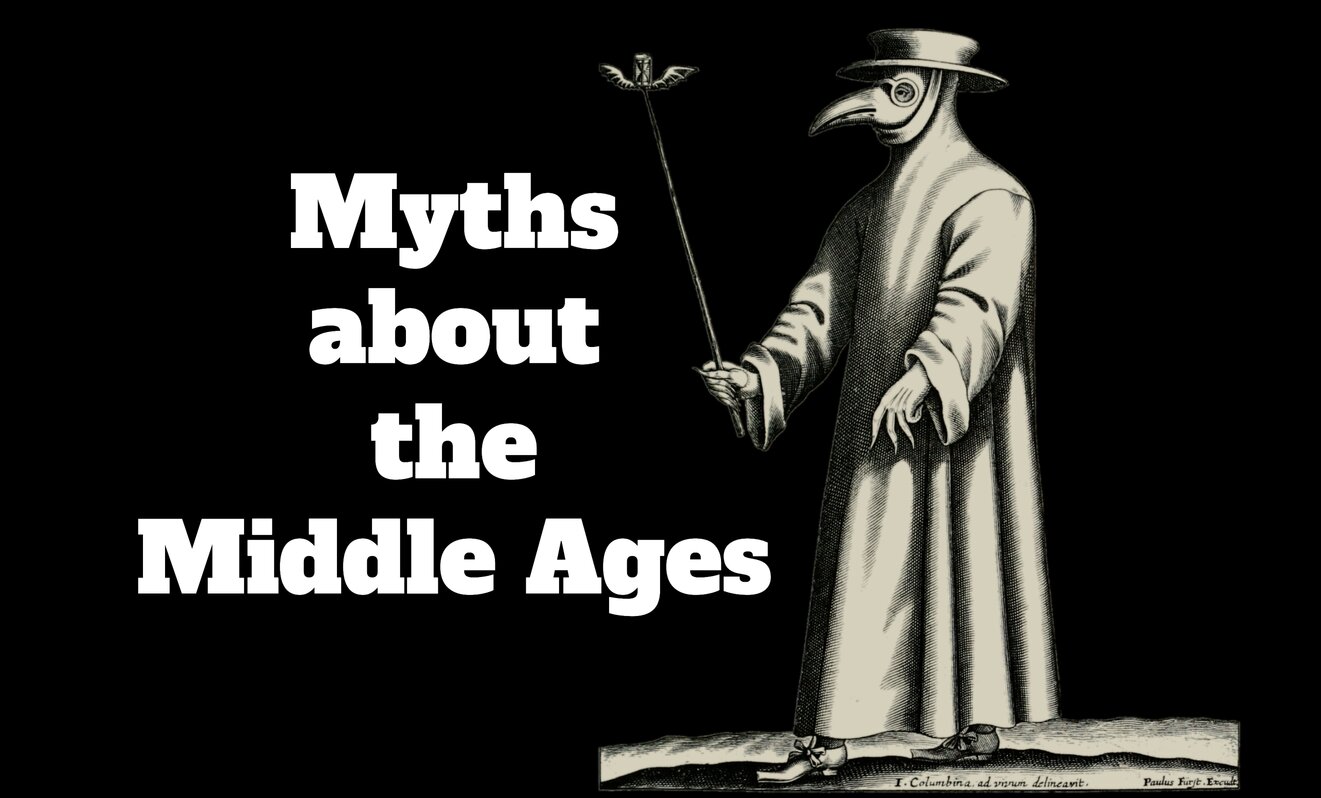Parmandur
Book-Friend, he/him
Again, that is deeply contrary to fact: Medieval people bathed and kept their teeth in good shape:Every time I see people oohing and aahing over the Outlander TV series/novels, I keep thinking "yes, but do you know what all those folks smelled like?" (To say nothing of their teeth.)
I am happy to have a fantasy world that's quite a few steps removed from the real world.
"Contrary to the depiction of medieval peasants with blackened and rotting teeth, the average person in the Middle Ages had teeth that were in very good condition. This is substantially due to one factor—the rarity of sugar in the diet. Most medieval people simply could not afford sugar, and those who could used it sparingly, usually as a seasoning or minor ingredient and almost never as a condiment or the basis of a dish. This means that most people used natural sugars, such as those in fruits and honey; even then, they ate this kind of sugar sparingly. Taken with a diet high in calcium via dairy, high in vegetables and cereals, and low in foods that cause decay, the average medieval person ate the way most modern dentists would recommend for good teeth."
"Not surprisingly, tooth decay was actually much less prevalent in the Middle Ages than it became in later centuries, when mass imports of sugar from the tropics made it a staple rather than a rarity. Surveys of archaeological data from the medieval period show that an average of only 20 percent of teeth show any sign of decay, as opposed to up to 90 percent in some early 20th-century populations. A more common dental issue for medieval people was not decay but wear. Eating stone-ground bread daily as part of almost every meal meant medieval people’s teeth saw considerable abrasion from grit that over years led to the teeth being worn down. To an extent this actually helped prevent decay, as their molars had less crevices in which plaque could accumulate. But in the long run it could lead to the complete abrasion of dentine and tooth loss."

Did People in the Middle Ages Have Bad Teeth?
This question originally appeared on Quora, the best answer to any question. Ask a question, get a great answer. Learn from experts and access insider...







